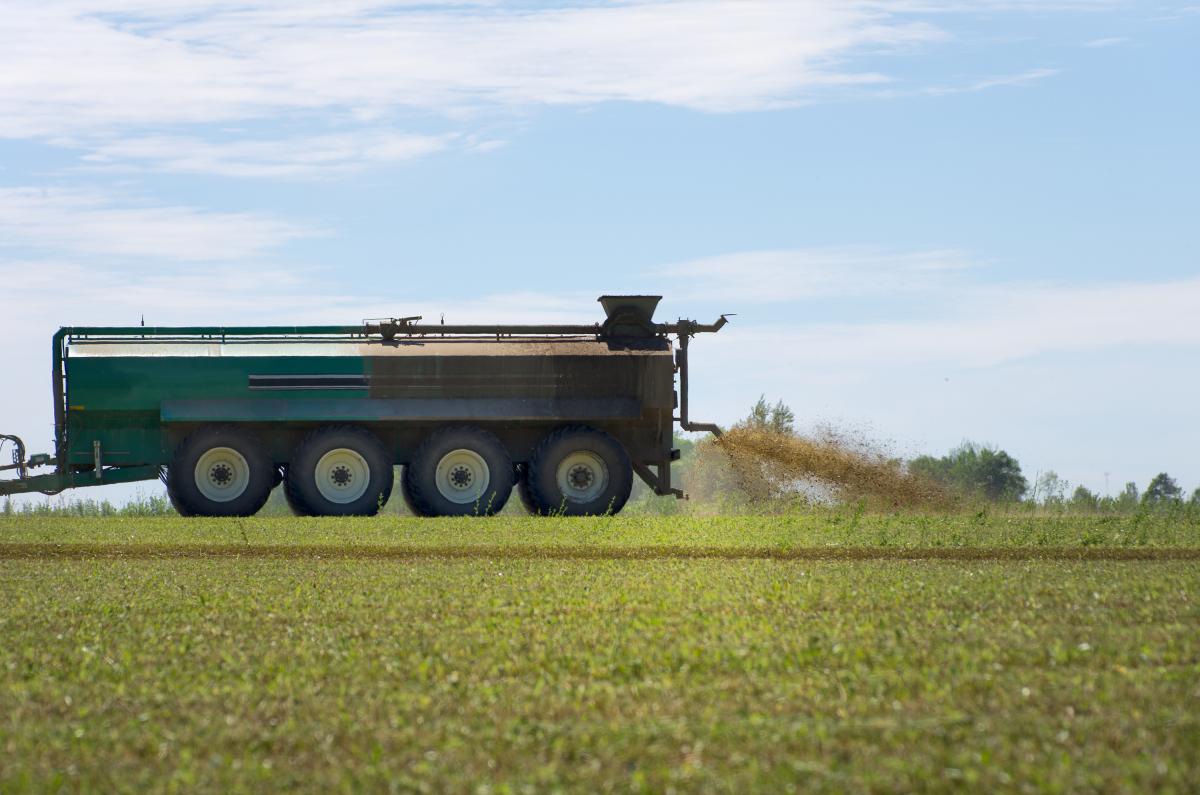Livestock Farmers Seek Rehearing of Ruling on CERCLA and EPCRA Reporting
June 6, 2017
 As June begins, dairy farmers and other livestock producers are asking a federal appeals court to decide that they should not have to file air emissions reports with local first responders. At issue is whether an April court ruling will impose new paperwork requirements on livestock producers, or whether the issue will be successfully appealed and resolved in a less burdensome manner.
As June begins, dairy farmers and other livestock producers are asking a federal appeals court to decide that they should not have to file air emissions reports with local first responders. At issue is whether an April court ruling will impose new paperwork requirements on livestock producers, or whether the issue will be successfully appealed and resolved in a less burdensome manner.
NMPF has worked with federal regulators to minimize problems that may arise from an April 11 ruling, in which the U.S. Court of Appeals for the District of Columbia removed a long-standing exemption for dairy and other livestock operations from two federal laws requiring reporting any air emissions associated with animal manure. If the appeals court decision stands, cattle, pork and poultry farmers will have to file reports that, in virtually every case, local emergency response agencies can’t use and don’t want.
The National Pork Producers Council (NPPC), with which NMPF has been collaborating on this issue, has filed for a rehearing of the decision rendered April 11. The Environmental Protection Agency (EPA) has until June 9 to file a motion to stay the mandate to end the exemption, and until June 15 to file a motion to stay the mandate coupled with a petition for rehearing.
Back in 2008, the U.S. Environmental Protection Agency (EPA) exempted most farms from the Comprehensive Environmental Response, Compensation and Liability Act of 1980 (CERCLA) and the Emergency Planning and Community Right-to-Know Act of 1986 (EPCRA) reporting requirements for air releases from animal waste. Both rules were originally created to address accidental hazardous air emission emergencies. Initially, EPA did not hold that these measures warranted the inclusion of animal agriculture operations, but the recent appeals court ruling said EPA cannot simply ignore a statute because the reporting requirements “aren’t worth the trouble.” The final rule required CAFOs to continue reporting air emissions under EPCRA, but not under CERCLA; smaller farms were exempted from both rules.
On May 25, 28 U.S. Senators sent EPA Administrator Scott Pruitt a strongly worded letter urging EPA to “take immediate action to prevent the waste of federal, state and local resources designated for emergency response programs” and urged EPA to “challenge the D.C. Circuit decision to provide America’s farmers and ranchers with regulatory relief through agency direction and rulemaking.” In the letter to EPA, the senators estimated that 100,000 additional farms and ranches would need to file emissions reports, more than four times more than the number filed last year.
The letter noted that a reporting increase of this magnitude would be an enormous burden to the emergency response system – a point reinforced last week by the National Association of SARA Title III Program Officials (NASTTPO), the association that represents the state, local and tribal emergency response communities. NASTTPO said reports about ammonia from animal manure management “are of no value to first responders, and they are generally ignored because they do not relate to any particular event.”
NMPF staff have met with EPA officials about the need to challenge the court’s ruling and resolve the issue as quickly as possible.






